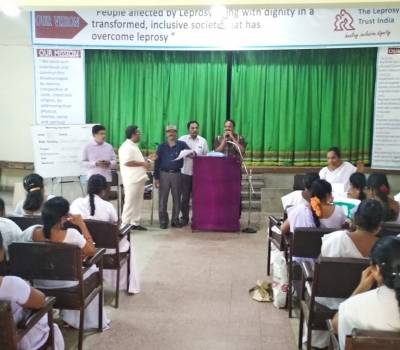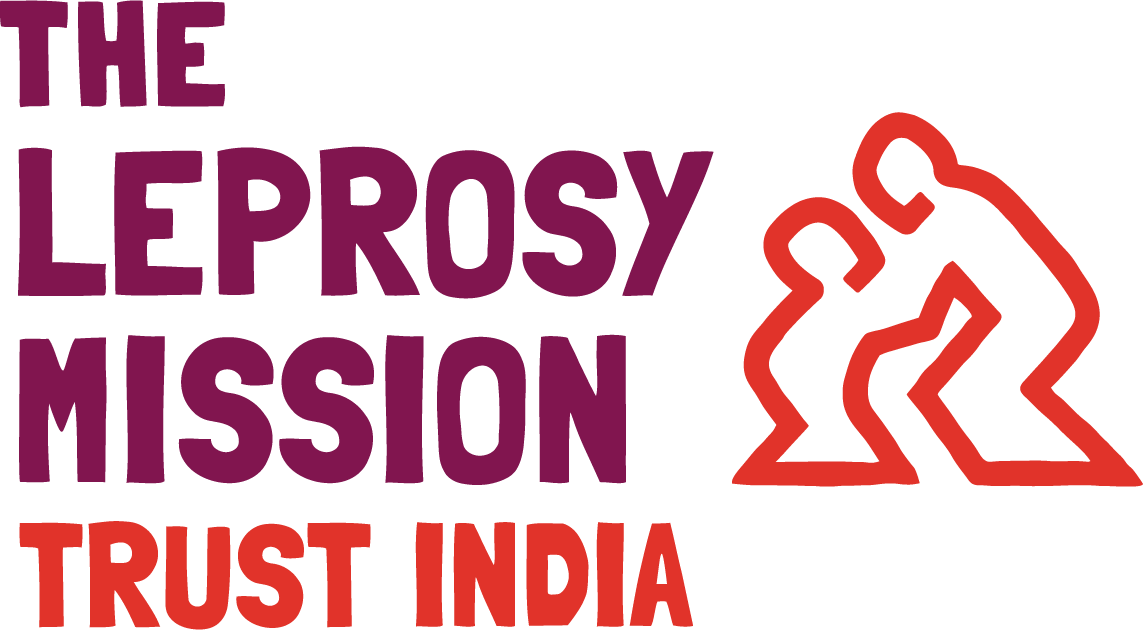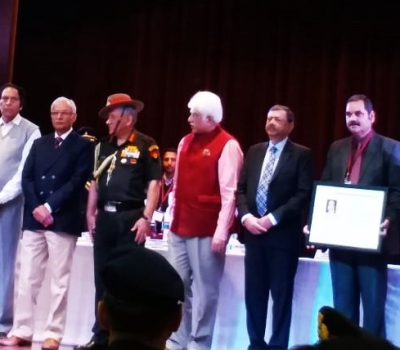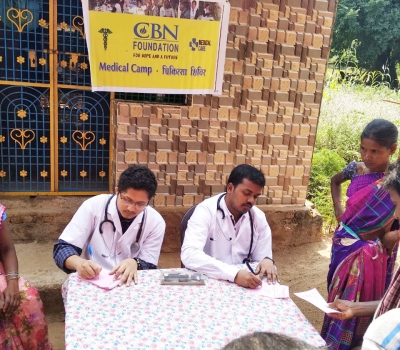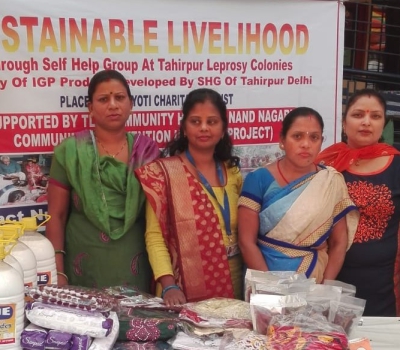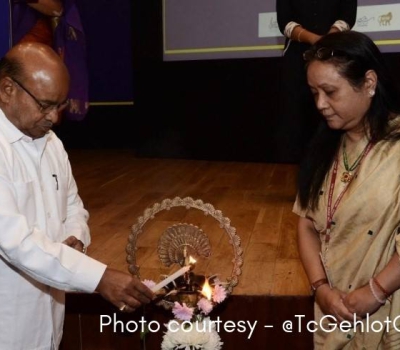The Government of India had declared in 2005 that leprosy had been eliminated as a public health problem in India. Ever since, leprosy has become less of a priority for the Government of India. Allocation of government funds dwindled, private funding dried up and training in leprosy for government health workers became dysfunctional. Grievously enough, since then the incidence of leprosy started growing in the country with over 130,000 new cases being detected every year.
Equipping the frontline health workers to lead the fight against leprosy
